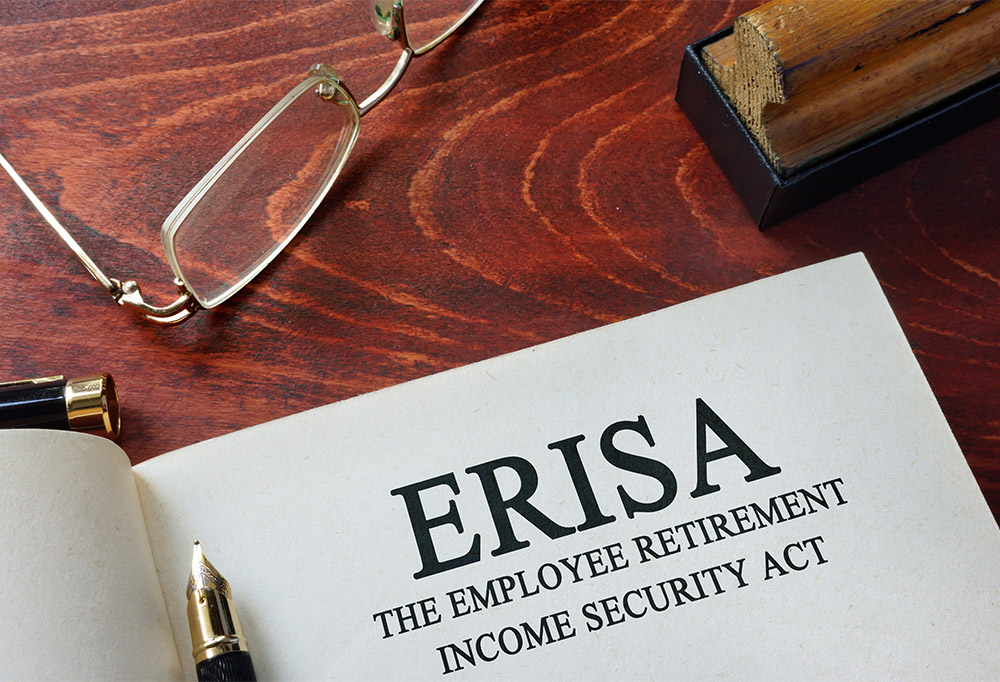
Can State Action Pose a Threat to ERISA Plans?
Can state action pose a threat to ERISA plans? The Wisconsin Assembly. External Link. Opens in new window. has approved legislation (AB 109) that prohibits insurers, networks and third-party-administrators from contracting for discounted fees for non-covered dental services. The bill is unique in its inclusion of networks and TPAs – terms that aren’t even defined in the Wisconsin statutes.
Until The Alliance testified against the bill, legislators didn’t realize that regulating networks and TPAs was akin to regulating many self-funded employer plans. The Alliance requested an amendment to take networks and TPAs out of the bill. To their credit, lawmakers tried to address our concerns by asking the Wisconsin Office of the Commissioner of Insurance (OCI) to provide a written statement clarifying that self-funded employers cannot be regulated by OCI even through their contractual relationship with networks and TPAs.
While better than nothing, the OCI letter and AB 109 puts networks and TPAs in “regulatory limbo” should we ever hold a contract with a dental provider that refuses to accept a discounted payment for a non-covered service. But that’s not the only reason to be vigilant in the future. Imagine what could happen to your company’s health costs if other health care providers are successful in improving their negotiating position through legislation affecting networks and TPAs. Imagine if lawmakers (or OCI) care more about providers’ interests than employers’ interests when or if that happens.
It is important to note that during the discussions about AB 109, the OCI kindly declined to issue a letter stating that they don’t have ANY authority to regulate networks and TPAs working with self-funded employers. And OCI made it very clear that they reserve the right to regulate stop-loss insurance, which is a battle brewing in many states that aim to keep smaller employers from self-insuring their health plans.
We cannot fail to mention the single payer proposals introduced throughout the years, which would have taxed all state employers on one hand, while on the other, would have issued health insurance coverage to those that wanted it. Proponents of those proposals believed they would have passed an ERISA challenge because the tax wasn’t tied to the insurance coverage.
So the answer is yes, state legislation can and does impact self-funded employer health plans. That’s why The Alliance continues to educate state lawmakers about self-funding, especially when opportunities like AB 109 focus their attention on these issues.
As for AB 109, it is almost sure to be signed into law by Governor Walker this session despite opposition from The Alliance and other business organizations. There are many reasons behind this, and most of them are not pretty. But that’s fodder for a future blog post.
[box]








